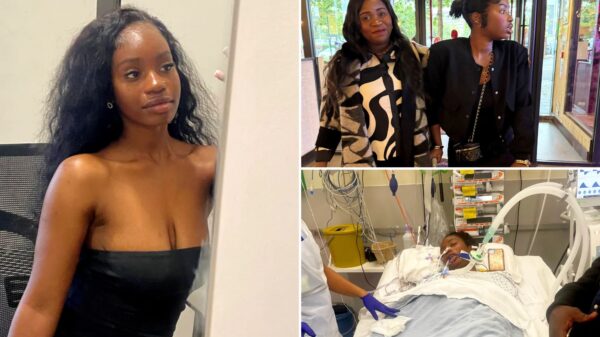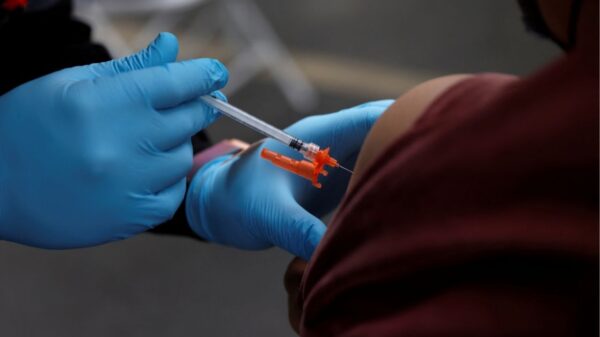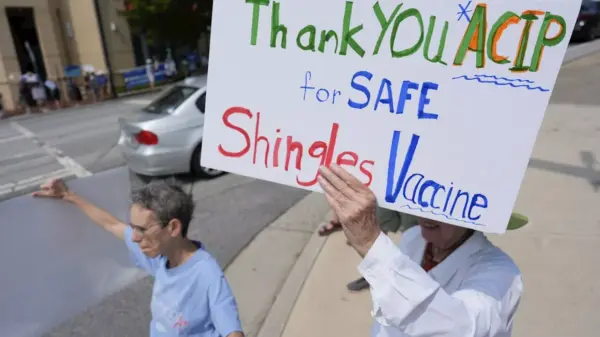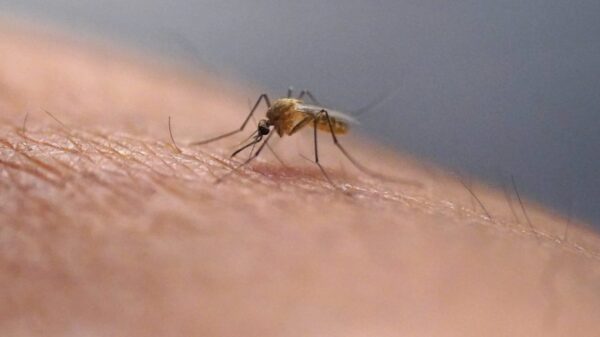Suicide prevention hinges on awareness and open dialogue, according to Neva Bailey, a licensed professional counselor at HopeHealth. With mental health challenges often hidden until it is too late, Bailey emphasizes the critical need for recognizing signs of depression and suicidal thoughts. Every life lost to suicide leaves behind grieving families and communities in search of answers. As mental health issues continue to rise, particularly among youth, understanding and acknowledging these challenges has never been more vital.
Understanding Depression and Its Symptoms
Depression is a medical condition that significantly impacts mood, thinking, and daily functioning. It is one of the most prevalent mental health disorders affecting both children and adults. Key symptoms include persistent sadness or hopelessness, loss of interest in activities, changes in sleep or appetite, difficulty concentrating, feelings of worthlessness or guilt, withdrawal from family and friends, and discussions about death or dying.
These symptoms can often be subtle and may not be immediately noticeable. Depression can mask itself behind a smile or good academic performance, making it crucial to pay attention to behavioral changes.
The Rising Concern of Youth Suicide
Suicide is increasingly becoming a pressing issue among young people. It transcends age, race, and background, affecting communities in Florence and across South Carolina. According to the South Carolina Department of Public Health, suicide ranks as the second leading cause of death among children aged 10-14 and the third among teenagers aged 15-17. Reports have indicated a troubling increase in mental health emergencies, particularly in schools and emergency rooms.
Children and teens face mounting pressures from social isolation, academic stress, and family instability, leading to untreated depression. It is essential to recognize that suicide is not solely an adult issue; young people are in crisis and need support.
Recognizing the warning signs can be life-saving. While not everyone who suffers from depression contemplates suicide, many individuals who die by suicide exhibit warning signs beforehand. Common indicators include talking about wanting to die, withdrawing from loved ones, significant changes in mood or behavior, feelings of being a burden, giving away possessions, and increased substance use.
Bailey points out that children and teens may not articulate their feelings, which makes observing changes in behavior, academic performance, and social interactions even more critical.
The Importance of Open Dialogue
Addressing suicidal thoughts directly can be a daunting task, but it is necessary. Asking someone, “Are you thinking about hurting yourself?” does not plant the idea; rather, it demonstrates care and concern. Research indicates that direct inquiries about suicidal thoughts often lead to opportunities for help. Silence, conversely, can perpetuate stigma and shame.
Individuals can take several steps to support those struggling with mental health issues. Listening without judgment can provide a vital outlet for those in distress. Encouraging professional help, such as finding a counselor or reaching out to a crisis hotline, is also essential. Maintaining connections through regular check-ins can help combat feelings of isolation. In cases of immediate danger, staying with the individual and calling emergency services is crucial.
Local resources are available for those in need. For immediate support, individuals can contact HopeHealth Behavioral Health Services at 843-667-9414 or the Suicide and Crisis Lifeline by dialing or texting 988, available 24/7.
A Message of Hope and Support
No one is immune to depression, and many individuals experience it during their lifetime. It is essential that no one faces these challenges alone. While conversations about mental health can feel uncomfortable, they represent an act of love and strength. Continuing the dialogue, recognizing the signs, and supporting one another can save lives.
Neva Bailey, LPC, CASII, serves as a behavioral health consultant at HopeHealth in Timmonsville. With over 22 years of experience in the community, she is actively involved with the Boys and Girls Club of the Pee Dee and is a member of Alpha Kappa Alpha Sorority, Inc.. Her clinical interests encompass stress management, grief and loss, anxiety, depression, cognitive behavioral therapy, and working with adults, seniors, and couples.
To learn more about mental health resources, individuals can visit www.hope-health.org or call 843-667-9414.

































































